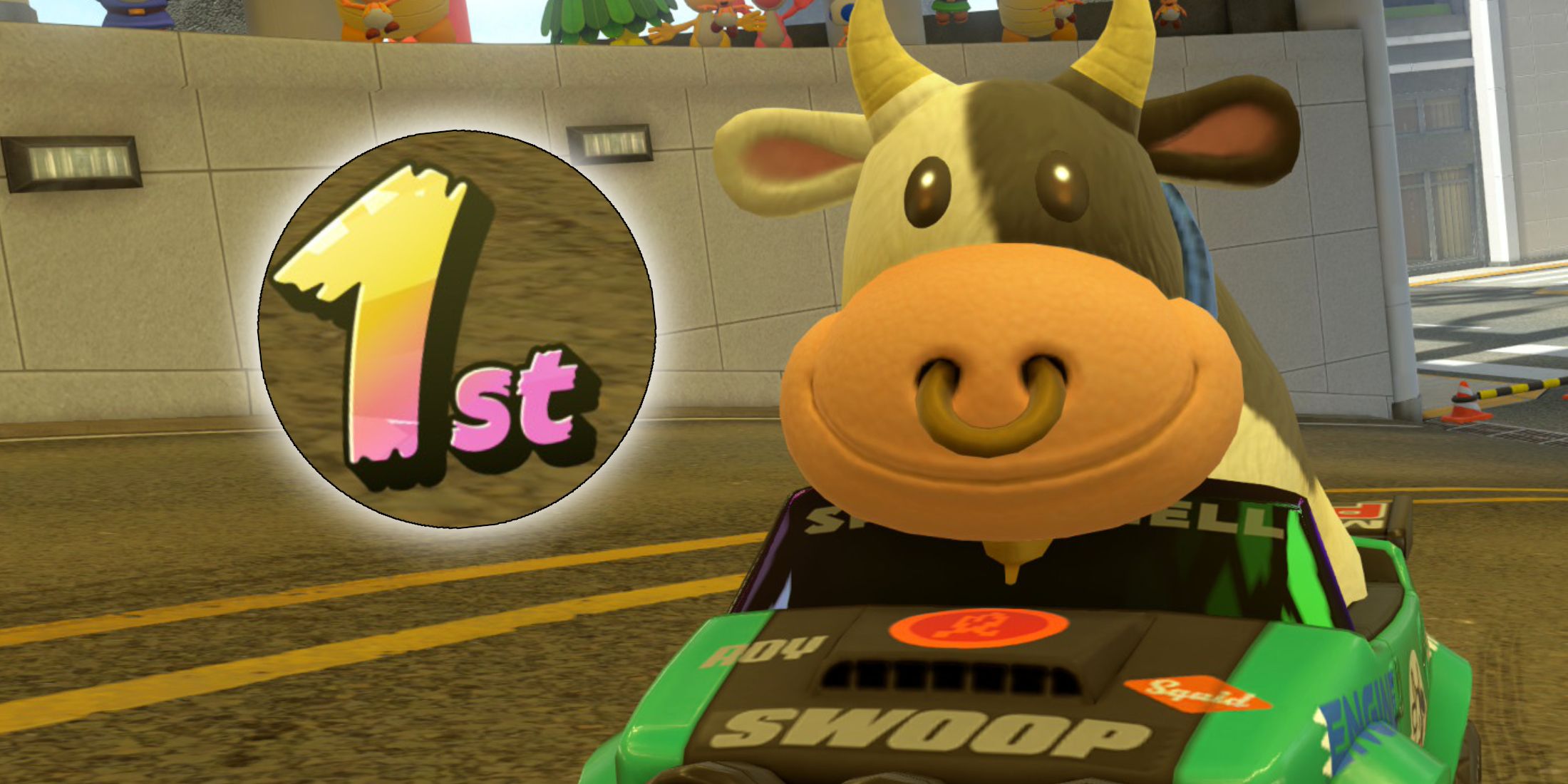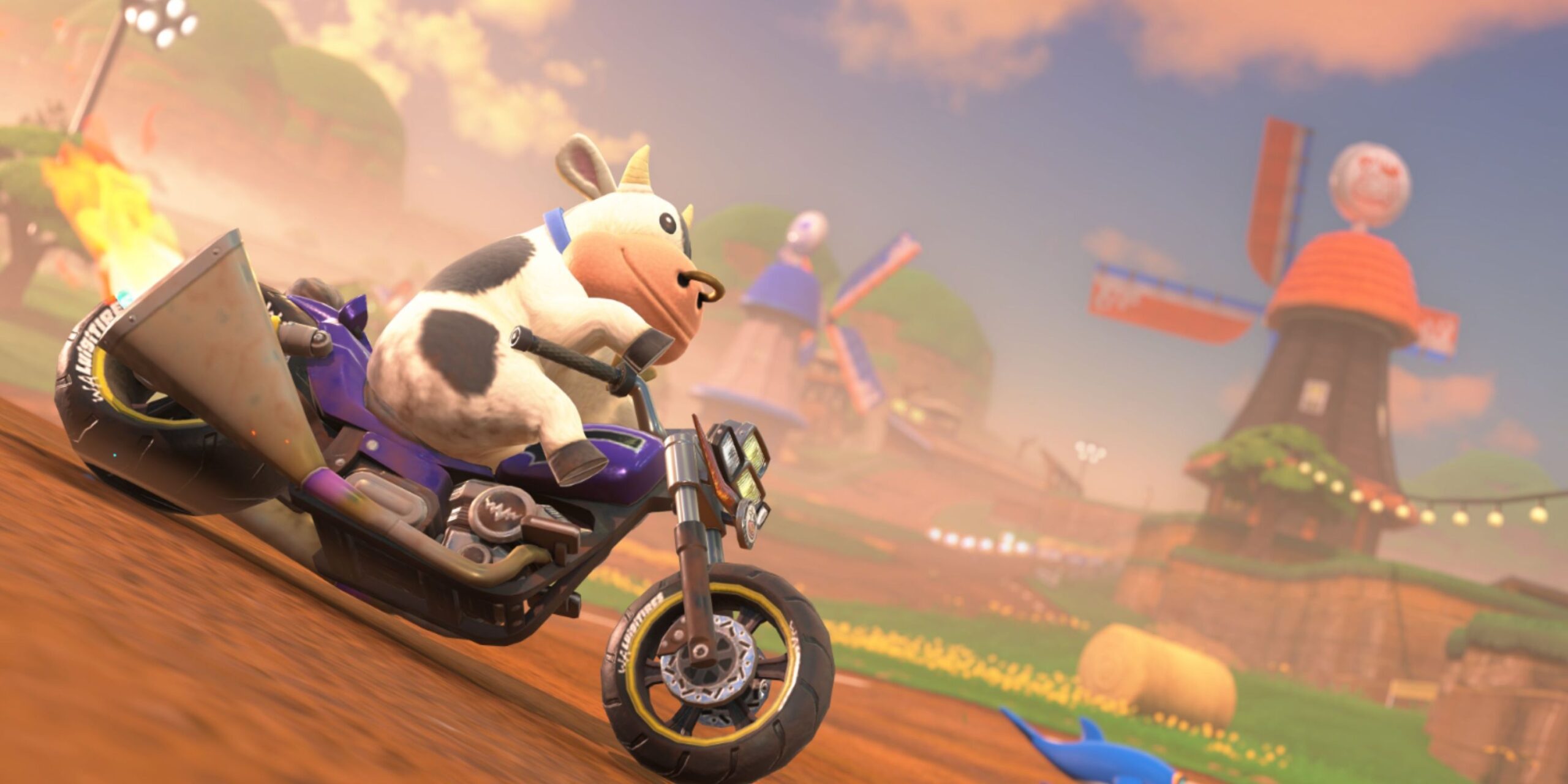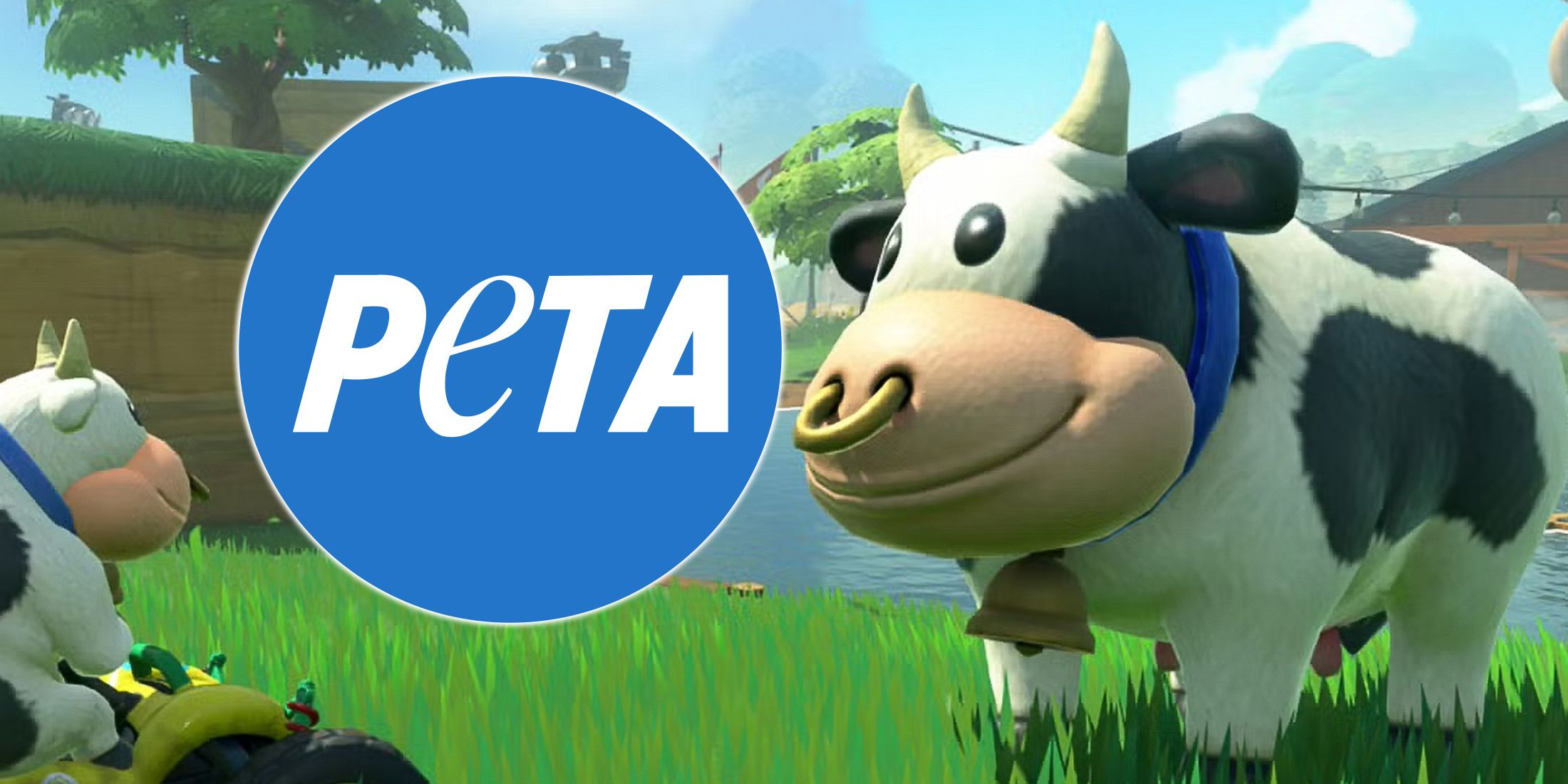PETA’s Latest Target: The ‘Unethical’ Nose Ring on a Mario Kart World Cow
Popular Now
 R.E.P.O
R.E.P.O
 Valorant
Valorant
 Brawl Stars
Brawl Stars
 Minecraft
Minecraft
 Schedule I
Schedule I
 PUBG Mobile
PUBG Mobile
 Free Fire
Free Fire
 Free Fire Max
Free Fire Max
 NBA 2K24
NBA 2K24
 Gacha Club
Gacha Club
 In a move that has become something of an annual tradition, PETA (People for the Ethical Treatment of Animals) has once again set its sights on a popular Nintendo character, this time protesting the design of a new racer in the recently released Mario Kart World. The animal rights organization has sent a letter to Nintendo President Shuntaro Furukawa, asking the company to change the design of “Cow,” a breakout character from the game’s roster. The point of contention? A brass nose ring worn by the character. PETA argues that the nose ring is a “painful reminder” of the cruelty inflicted on real-world bovines in the meat and dairy industries. This latest protest has sparked a heated debate across social media and gaming forums, with some supporting PETA’s message and others criticizing the organization for targeting a fictional character in a whimsical racing game. This is a recurring theme in the gaming industry, where PETA often uses popular video games as a platform to raise awareness about animal welfare issues, a strategy that has been met with mixed results over the years.
In a move that has become something of an annual tradition, PETA (People for the Ethical Treatment of Animals) has once again set its sights on a popular Nintendo character, this time protesting the design of a new racer in the recently released Mario Kart World. The animal rights organization has sent a letter to Nintendo President Shuntaro Furukawa, asking the company to change the design of “Cow,” a breakout character from the game’s roster. The point of contention? A brass nose ring worn by the character. PETA argues that the nose ring is a “painful reminder” of the cruelty inflicted on real-world bovines in the meat and dairy industries. This latest protest has sparked a heated debate across social media and gaming forums, with some supporting PETA’s message and others criticizing the organization for targeting a fictional character in a whimsical racing game. This is a recurring theme in the gaming industry, where PETA often uses popular video games as a platform to raise awareness about animal welfare issues, a strategy that has been met with mixed results over the years.
 The Letter and the Controversy: Why PETA is Protesting
The Letter and the Controversy: Why PETA is Protesting
The letter, which was sent to Nintendo on August 14, 2025, acknowledges the character’s popularity but takes issue with one specific detail. According to PETA, nose rings are used by the meat and dairy industries to control and exploit animals, causing them pain and discomfort. The organization points out that a chain might even be attached to the nose ring to control bulls, and that spiked nose rings are sometimes used on calves to make nursing painful for their mothers, a practice designed to force them into a life of milk production. PETA’s letter reads, in part, “The brass ring in Cow’s nose glosses over real world violence and cruelty to animals. That’s why we’re asking you to give this beloved bovine a small but meaningful upgrade: Remove the nose ring and let Cow race freely—without any painful reminders of the industries that treat animals like profit-making machines.” This direct appeal to Nintendo’s president is a clear signal that PETA is serious about its request and is using the character’s popularity to its advantage. For a game that has a wide family audience, the organization sees this as a crucial opportunity to educate people about animal cruelty.
 Nintendo’s History with PETA and the Community’s Response
Nintendo’s History with PETA and the Community’s Response
This is not the first time PETA has targeted a Nintendo game. In the past, the organization has created satirical games and campaigns that have sparked controversy. In 2011, PETA launched a campaign against Mario’s Tanooki suit in Super Mario 3D Land, arguing that it promoted the wearing of real fur. The organization released a parody game, “Super Tanooki Skin 2D,” where a skinned tanuki chased a bloodied Mario. The campaign was met with a mix of outrage and amusement, and Nintendo’s response was a simple statement that Mario’s transformations were “lighthearted and whimsical.” More recently, PETA has praised games that it deems “animal-friendly,” such as Stray and Untitled Goose Game, showing that its approach to gaming is not always confrontational. The community’s reaction to the latest protest has been largely critical, with many on social media accusing PETA of being “out of touch” and “ludicrous.” Some have pointed out that the character is a fictional, anthropomorphic cow driving a scooter, and that criticizing its design is a waste of time and resources. However, others have defended PETA, arguing that even in a fictional world, the imagery of a nose ring on a cow can normalize real-world cruelty. As of now, Nintendo has not issued an official response to PETA’s letter. Given the company’s past interactions with the organization, it is highly unlikely that Nintendo will change the character’s design. The “Cow” character in Mario Kart World is a popular and fun addition to the roster, and for many players, the nose ring is just a small detail in a whimsical game. However, for PETA, it is a crucial detail that they believe sends a harmful message. As the debate continues, it’s a reminder of the complex relationship between the world of video games and real-world issues, and how a seemingly small detail in a game can become a major point of discussion.







